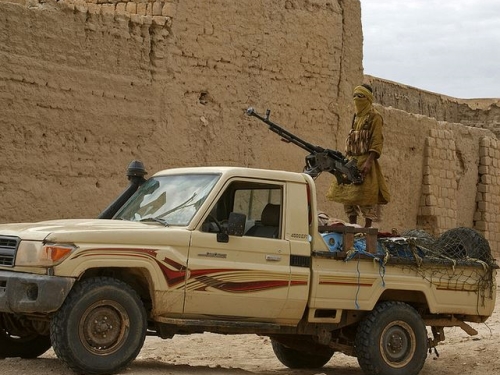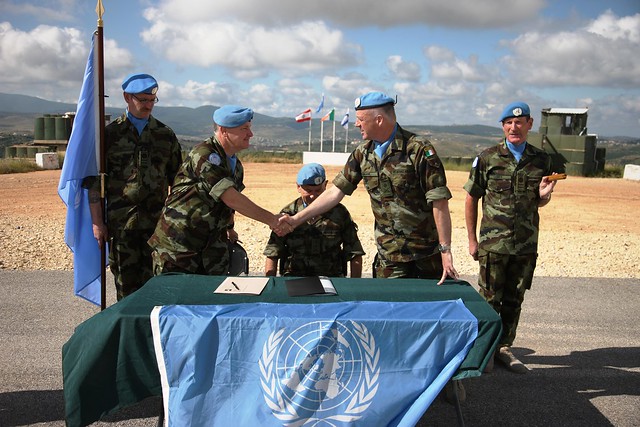
This article was originally published by the Carnegie Council for Ethics in International Affairs on 25 February, 2015.
2014, 97 minutes. Nominated for Oscar for best Foreign Language Film.
For an American audience used to war movies with explosions, good guys and bad guys, and finite conclusions, the Oscar-nominated, Mauritanian film Timbuktu is a departure. The violence is never gratuitous, most of the jihadists seem like normal (albeit dangerously misguided) people, and, at the end, the fates of the eponymous city and several main characters are left hazy. The people who would most likely choose to see Timbuktu are already numbed by the constant stream of horrific news out of Syria, Nigeria, Pakistan, etc., so this low-key approach is the perfect strategy. We know about the executions, suicide bombings, and coalition airstrikes. But what we don’t realize is, perhaps, the main takeaway from the film: This type of militant extremism, more than anything else, is soul-crushingly boring for the occupied populations.




